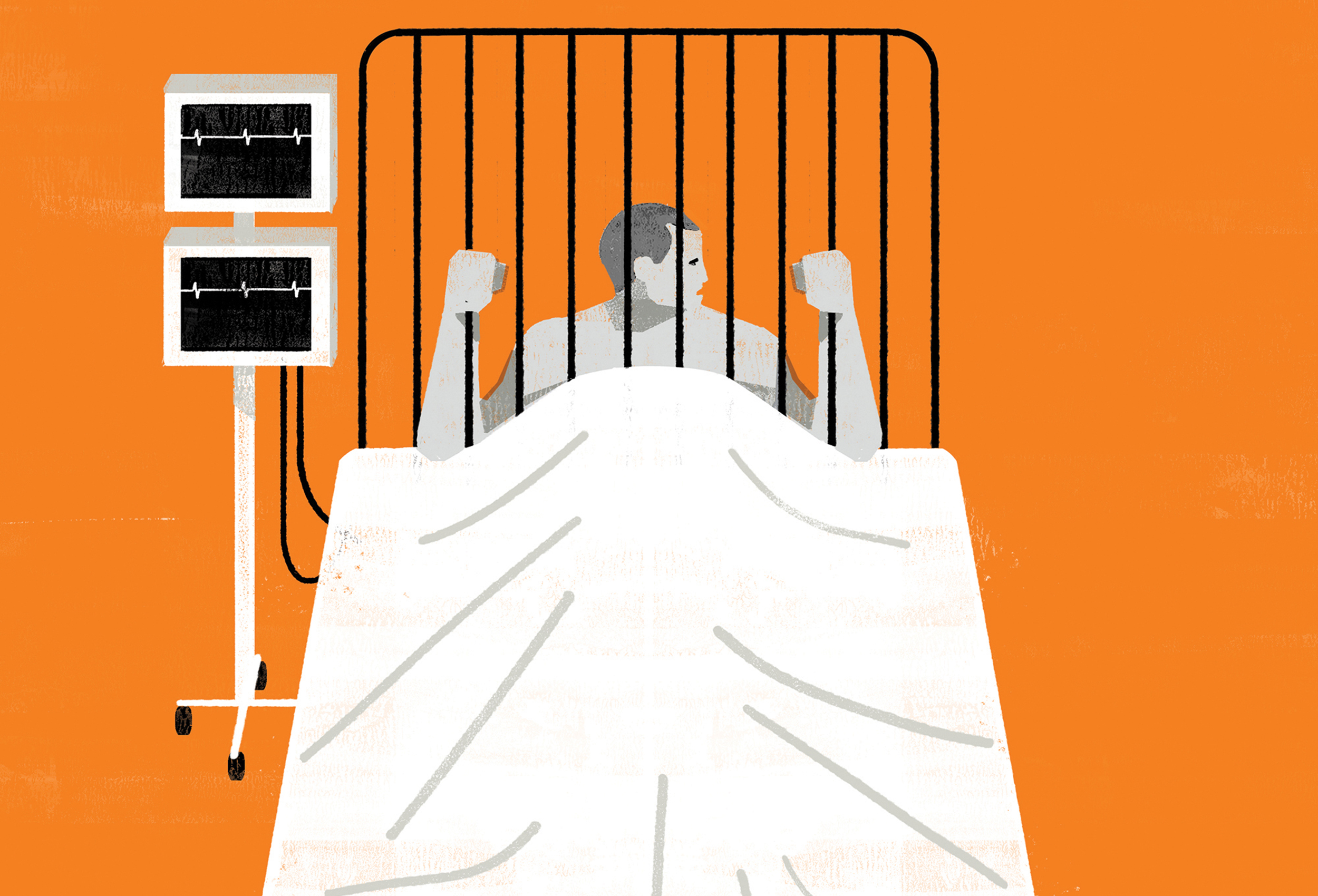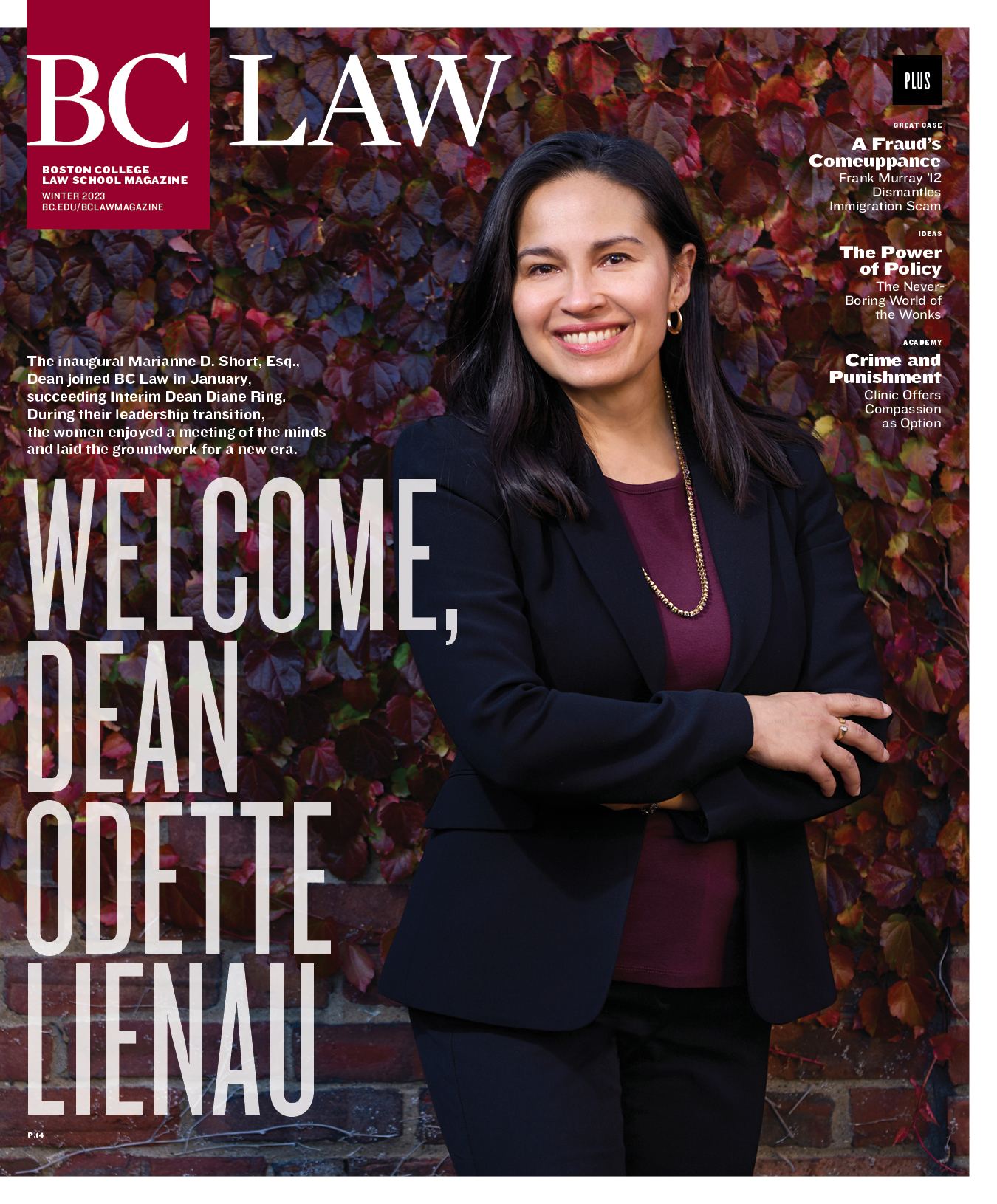The COVID-19 pandemic hit our nation’s prisons hard, highlighting the ballooning costs of incarcerated medical care and renewing calls for expanded medical release. Besides the humanitarian justifications for medical release—a kind of end-of-life parole—many of its proponents point to the cost savings associated with making parole more widely available for those who are permanently incapacitated by a medical condition.
With the prison population expected to continue growing—and aging—over the coming decades, the need for novel solutions to incarcerated medical care will only become more urgent. Boston College Law School became a player in the matter in 2019, founding the Medical Parole and Release Clinic when provisions for medical release in a new state law the previous year elevated demand for legal aid. Some fifty students have participated to date.
Here’s a quick breakdown of how medical parole in the United States works, and how Massachusetts might be leading the way for other states to follow.
To view the infographic, click here.



